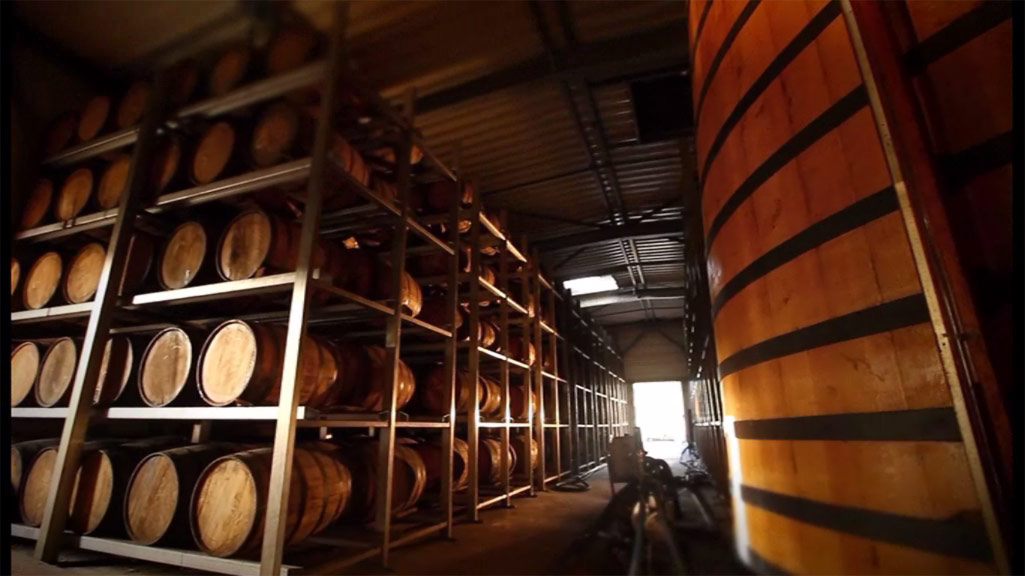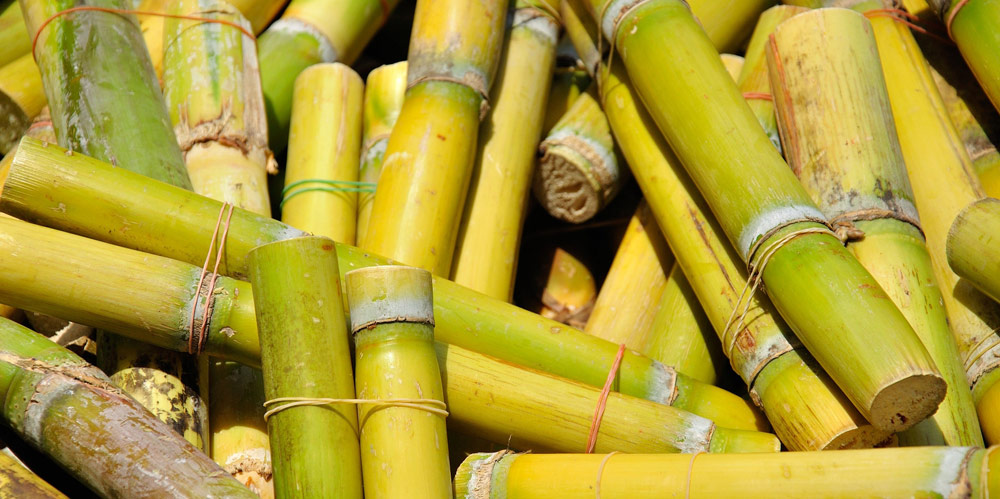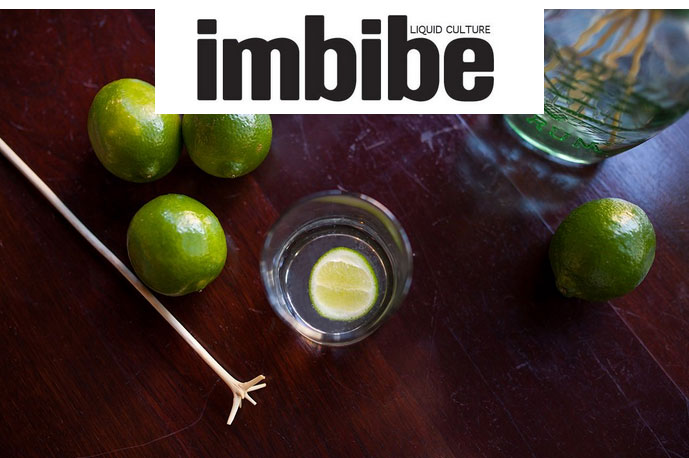No, this is not a typo mistake. Yes, this tiny H letter makes a big difference. And to understand it, we need to investigate deep down into the sugarcane field.
Rum and rhum may both be made from sugarcane, but this is the only thing they have in common. The opposite of industrial rum distilled from molasses (by-product of the sugar production), Rhum Agricole begins with the finest selection of sugarcane, which is then pressed to extract the finest and most aromatic fresh sugarcane juice. This distinction is essential. As the sugarcane hasn’t been cooked down to produce sugar, all the aromas and flavors of the cane are still present in the rhum and allows the terroir to express itself in the spirit.
From a historic point of view, how did that happen? Originally, Rhum Agricole is from the French West Indies, particularly from the islands of Martinique and Guadeloupe. Martinique has long had the reputation of having the best terroir for sugarcane cultivation. But in the 1800’s, both the introduction of sugar beets and the increasing availability of cheap South American sugar lead to a major economic crisis in Martinique, at that time driven by sugar commerce. Homère Clément, a very popular member of the Martiniquean community, bought the Domaine de l’Acajou in 1887 and made the necessary investments and transformed one of the island’s most prestigious sugar plantations into a producer of world-class Rhum Agricole. Inspired by his enjoyment of great brandies while studying in his early years in Paris, Homère had the idea of pressing the estate grown sugarcane to extract the aromatic and flavorful juice to then distill it. This is how Rhum Agricole was born.

Since 1996, more than 100 years after Homère Clement began his adventure, rhums from Martinique are labeled “AOC Rhum Agricole Martinique” while rhum from Guadeloupe recently received an IGP (Protected Geographic Indication) and are both regulated by French and European laws. Nowadays, you can also find Agricole style rum from all over the world including the parts of Haiti and the Dominican Republic, Cuba, Central America, the United States, as well as Reunion Island and Mauritius in the Indian Ocean also produce some Rhum Agricole. Additionally, Brazil makes its own too (as Cachaça).
Even if the USA is the biggest rum market in the world, Rhum Agricole has been absent for a long time… In 2005, Ben Jones, a descendent of the Clement family, re-launched Rhum Clément in the USA and established Clement USA Inc. It is a lifelong fascination and innate passion for Rhum Agricole that has made Ben one the world’s leading experts on Rhum Agricole. Facing enthusiasm from the American rum drinkers, Clément USA Inc. added to its portfolio Rhum J.M. from Martinique in 2009 and Rhum Damoiseau in 2014. With those three brands, Clément USA Inc. is now able to offer the full spectrum of French Rhum Agricole. Jones explains that “the fact that the rhum is crafted from sugarcane juice, the place of origin is very important because it will give to the rhum its terroir-driven flavor profile and identity”. He adds that “as you can actually taste the sugarcane, each rhum you will get from a different family, distiller, island or brand is really an individualistic spirit on its own”. Terroir is everything when you speak about Rhum Agricole. And of course, the barrel ageing process has also to be taken into heavy consideration.

Nowadays, we estimate that more than 95% of the rums produced in the world are “industrial” molasses-based rums. But the Rhum Agricole category is growing and maturing. For example, Rhum Damoiseau, the leading producer of Guadeloupe Rhum Agricole, decided to follow the successful development of Rhum Agricole from Martinique in the United States and introduced in 2014 VIRGIN CANE RHUM BLANC and V.S.O.P. RHUM VIEUX. Rhum Clement also added two exquisite rums to its current US portfolio: CLEMENT CANNE BLEUE (made from one particular varietal of sugarcane: Canne Bleue) and CLEMENT SELECT BARREL (aged three years in previously used French oak barrels).
It is the choice style of rum for those who appreciate a terroir-driven spirit neat or in cocktails. So if you are not familiar with Rhum Agricole yet, just forget everything you thought you knew about rum and give it a try! Because this is not rum, it’s rhum.
www.rhumclementusa.com
www.damoiseaurhum.com
www.rhumjmusa.com









